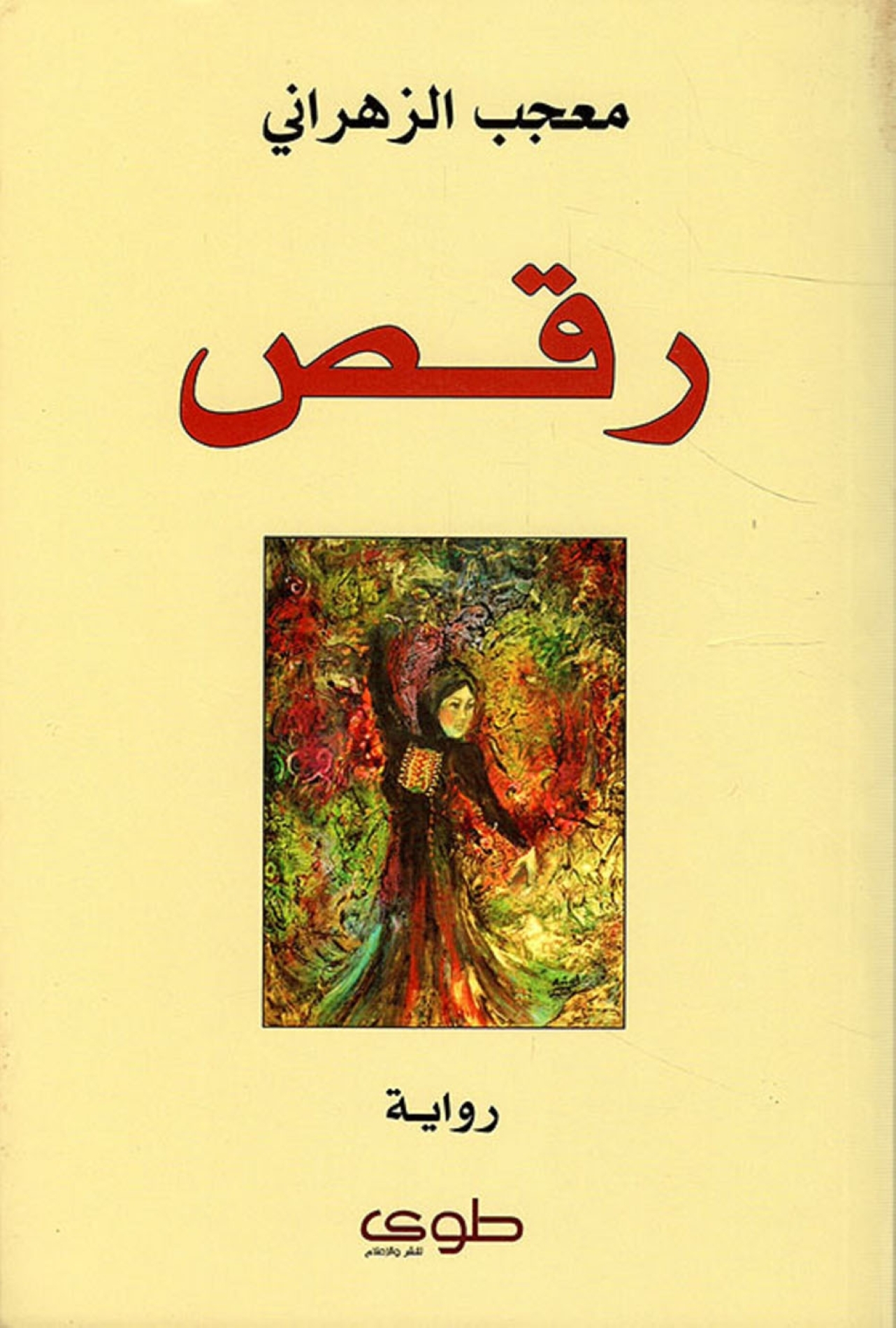Dr. Moajab Al-Zahrani is a Saudi literary figure whose intellect and creativity have made an indelible mark on the Saudi and Arab cultural landscape.
A veteran literary critic and academic, Al-Zahrani eventually capitulate to his persistent desire to write. When penning his autobiography, “A Biography of Time”, he says that his greatest wish was to “fulfil his strong desire to write.”
“I realised that the chance to return to Paris for the last adventure of my life and career was a golden opportunity,” he said.
“So, I began to review my old, incomplete drafts, certain that my intimate writing will not let me down.”
“When I was done, I came up with a title inspired by the story of writing itself as a topic I had delved into at the very beginning of the text. I added an explanatory title because that self I wrote about was simply not alone.”
A proponent of freestyle writing
Al-Zahrani chose “Dancing” as a title for his only novel, about which he says: “This novel is Parisian par excellence. I started to write it while serving as a visiting professor at the Sorbonne Paris 3. I compiled several charming stories since my childhood and adolescence, but they were only brought to light in the City of Light.”
He adds: “I think of the writing style of that novel as free, like an open dialogue or an improvised dance, unburdened by the conventional structure of the novel.”














